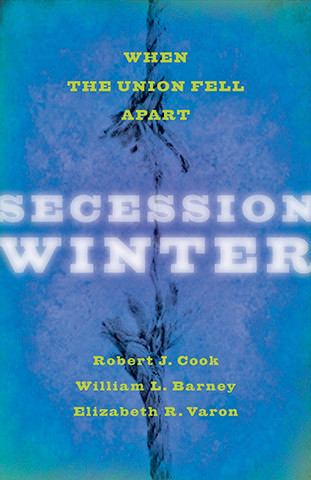
Reviews
The book is full of interesting anecdotes that illustrate the many skirmishes between the competing narratives
Cook's work has the advantage of covering the entirety of post-Civil War history, making his the most comprehensive entry in this scholarly debate... His consistent attention to electoral politics across time sets his work apart from that of many other authors and makes the book well worth reading.
Civil War Memories offers a comprehensive treatment of the memory of the nation's most enduring and contested event. In offering a study of Civil War memory since 1865, Cook underscores that memories of the war have never been monolithic. They have always been debated, politicized, and maligned. His attention to the war's differing memories in the modern era reminds us how the Civil War continues to resonate within our own "mystic chords of memory."
In Civil War Memories: Contesting the Past in the United States since 1865, Robert J. Cook outlines the fight over the memory of the Civil War since Appomattox. It is a tightly argued work that blends adept synthesis with primary source research, and Cook offers an absorbing study of the Civil War's long memory and, implicitly, a meditation on the ways in which various entities "marshal the past so powerfully in the service of the present."
Cook makes clear the powerful ways that the reverberations of the Civil War still resonate within American political culture. A compelling story told by a uniquely qualified expert in southern history and civil rights.
The Civil War has occupied a special place in the American psyche, for northerners and southerners, for blacks and whites, ever since General Robert E. Lee’s men stacked their guns at Appomattox in 1865. In his fast-paced, well-researched, and gripping Civil War Memories, Robert J. Cook underscores why and how Americans have remembered (and forgotten) the war’s complex meanings and legacies. Cook’s book is especially relevant at a moment in American history when pro-Confederate symbols remain hotly contested and recurrent racial violence challenges the myth of a post-racial age.
Book Details
Acknowledgments
Introduction
Part I
1. A Fractured Country and Its Fractured Memories
2. The Resurgent South and Its Lost Cause
3. Remembering the Victors' War in the Gilded Age
4. The Rocky Road to
Acknowledgments
Introduction
Part I
1. A Fractured Country and Its Fractured Memories
2. The Resurgent South and Its Lost Cause
3. Remembering the Victors' War in the Gilded Age
4. The Rocky Road to Sectional Reconciliation
Part II
5. Distant Drums in an Age of Global Warfare
6. Centennial Blues
7. Afterlife
Conclusion
Notes
Bibliography
Index





